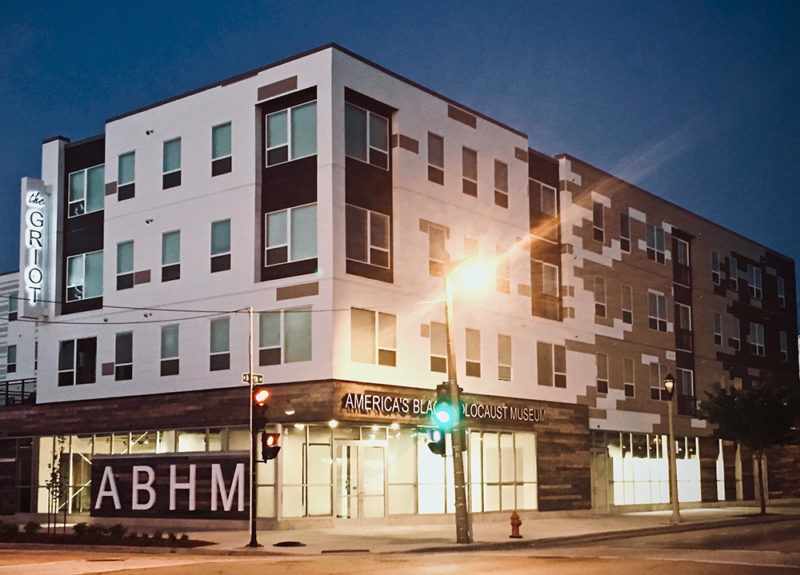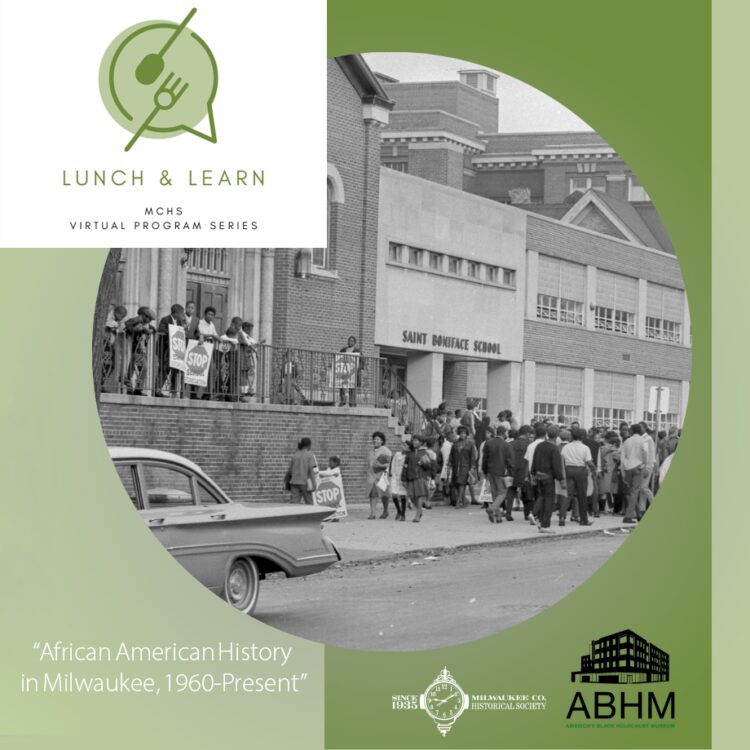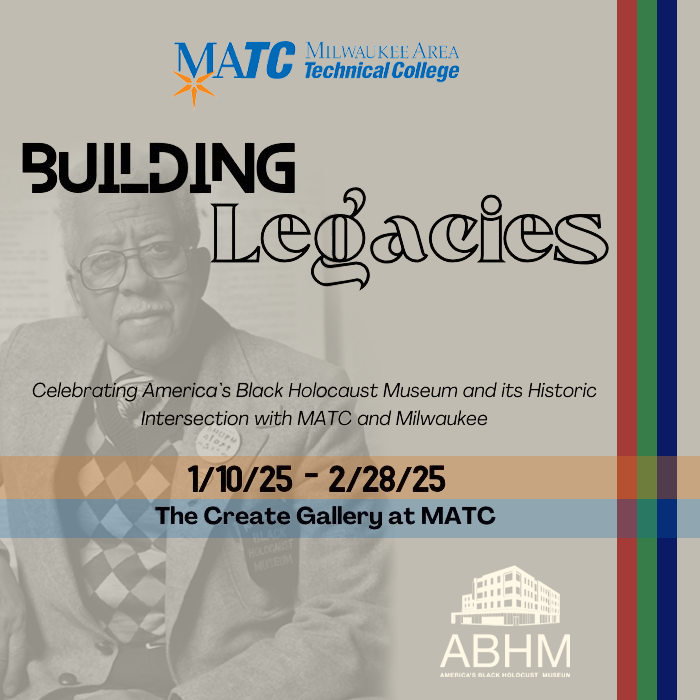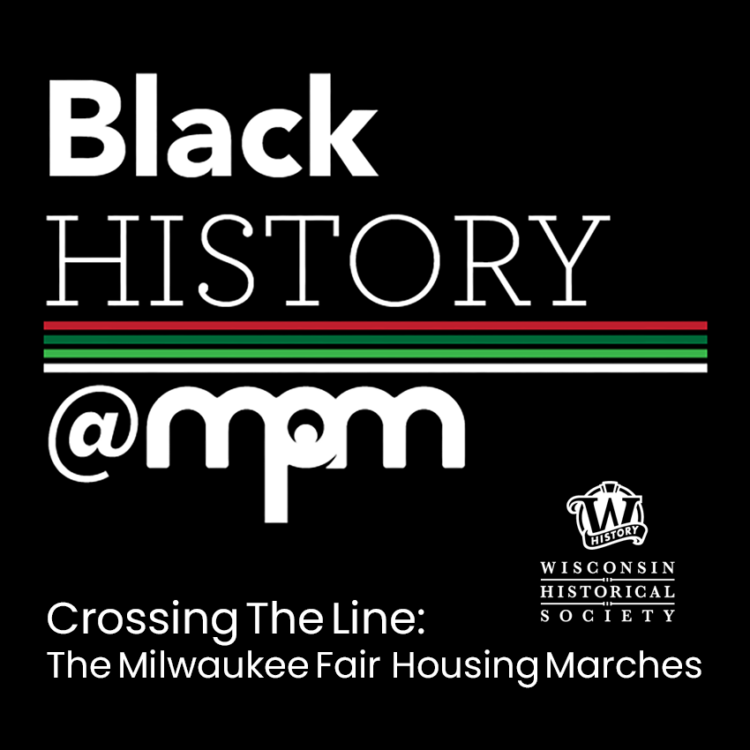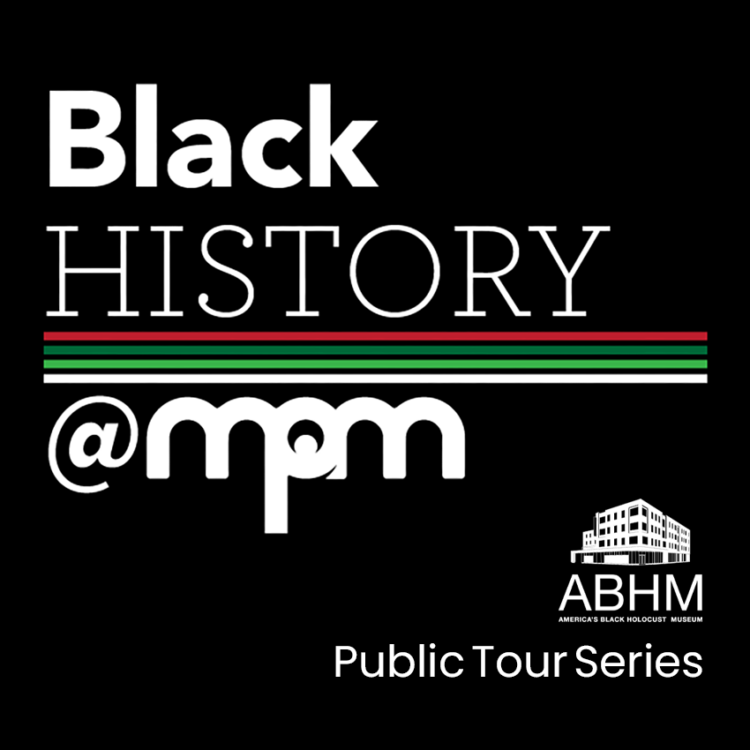Posts Tagged ‘Black History’
Ibram X. Kendi on Tour: Malcom Lives!
America’s Black Holocaust Museum, Niche Book Bar, and Boswell Books host an event with National Book Award winner Dr. Ibram X Kendi, author of books like Stamped from the Beginning and How to Be Antiracist, for his latest work, Malcolm Lives!, a ground-breaking young readers’ narrative biography.
Read MoreStruggle for control of public libraries in full swing across the Deep South
The nation is in a debate over the censoring of library books–and the access to information that represent.
Read MoreAmerica’s Black Holocaust Museum Works ‘On the Side of Love’
ABHM’s creative director Brad Pruitt sat down for an interview about his role at the museum with Tom Lenz of the Shepherd Express.
Read MoreLunch & Learn Virtual Program Series: African American History, Part 2
“African American History in Milwaukee, 1960-Present,” introduction by Dr. Robert Smith, Director of Education, America’s Black Holocaust Museum and presented by Historian, Kitonga Alexander. The MCHS virtual program series, Lunch & Learn, returns with new presentations early this year in 2025. All virtual Lunch & Learn programs will be streamed via Zoom for live viewing – take your lunch break with us!
Read MoreLunch & Learn Virtual Program Series: African American History, Part 1
“African American History in Milwaukee, 1836-1960,” presented by MCHS Archivist, Steve Schaffer. The MCHS virtual program series, Lunch & Learn, returns with new presentations early this year in 2025. All virtual Lunch & Learn programs will be streamed via Zoom for live viewing – take your lunch break with us! All virtual programs will be accessible on our YouTube page at the conclusion of the program season. If you are unable to attend the live stream, please register to receive early access to the presentation recording.
Read MoreBlack History Quiz Bowl
Members of the ABHM team will join the women of Gamma Pi Sigma Alumnae Chapter to support the Annual Black History Quiz Bowl!
Read MoreThings Your History Teacher Didn’t Teach You
Judge Derek Mosley is coming back to Germantown! His Unconscious Bias training in 2023 was a highlight for GCC, and we are thrilled to bring him back for another engaging event! Seats will fill up FAST so secure your ticket today!
Read MoreBuilding Legacies
MATC partners with America’s Black Holocaust Museum (ABHM) to celebrate Milwaukee’s rich history of civil rights activists and community leaders. The founder of ABHM, Dr. Cameron, is an MATC graduate, as well as several other prominent figures in Milwaukee including Clayborn Benson, founder of Wisconsin Black Historical Society & Museum (WBHSM), and Reuben Harpole, affectionately known as the “Second Mayor of Milwaukee.”
Read MoreBlack History Month @ MPM: Crossing The Line
Come view a special traveling display from the Wisconsin Historical Society in MPM’s Ground Gloor Garden Galleries, and join our Educators in examining how historians use primary sources to learn about Milwaukee’s Black history.
Read MoreBlack History Month @ MPM with ABHM: Public Tour Series
Join us for a special collaboration with Museum docents, or “griots,” from America’s Black Holocaust Museum! These 50-minute tours will highlight African and African American history throughout MPM’s exhibit galleries.
Read More

